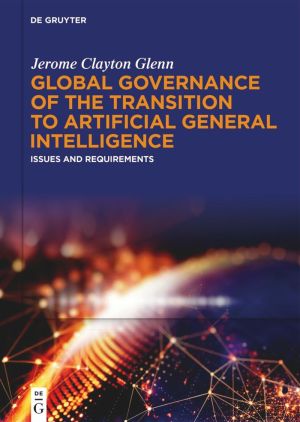
While today's Artificial Narrow Intelligence (ANI) tools have limited purposes like diagnosing illness or driving a car, if managed well, Artificial General Intelligence (AGI), could usher in great advances in human condition encompassing the fields of medicine, education, longevity, turning around global warming, scientific advancements, and creating a more peaceful world. However, if left unbridled, AGI also has the potential to end human civilization. This book discusses the current status, and provides recommendations for the future, regarding regulations concerning the creation, licensing, use, implementation and governance of AGI.
Based on an international assessment of the issues and potential governance approaches for the transition from ANI of today to future forms of AGI by The Millennium Project, a global participatory think tank, the book explores how to manage this global transition. Section 1 shares the views of 55 AGI experts and thought leaders from the US, China, UK, Canada, EU, and Russia, including Elon Musk, Sam Altman and Bill Gates, on 22 critical questions. In Section 2, The Millennium Project futurist team analyzes these views to create a list of potential regulations and global governance systems or models for the safe emergence of AGI, rated and commented on by an international panel of futurists, diplomats, international lawyers, philosophers, scientists and other experts from 47 countries.
This book broadens and deepens the current conversations about future AI, educating the public as well as those who make decisions and advise others about potential artificial intelligence regulations.